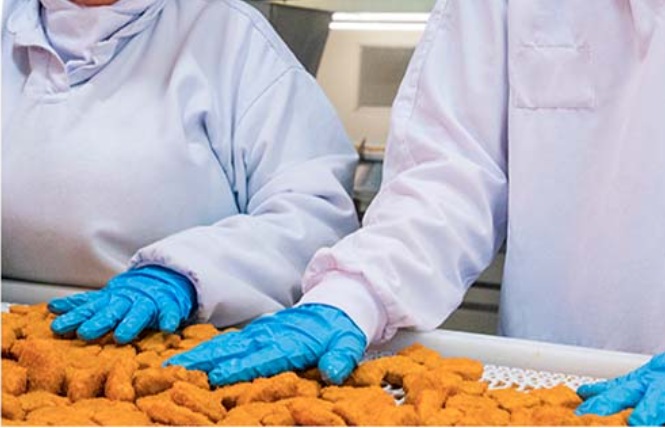A growing wave of concern is sweeping across Nigeria as environmental activists, small-scale farmers, and civil society organizations speak out against the planned entry of Brazilian meat-processing giant JBS S.A. into the country’s livestock and poultry sector. The company recently signed a Memorandum of Understanding (MoU) with the Nigerian government to establish six major processing plants — three for poultry, two for beef, and one for pork. While the deal is promoted as a solution to hunger, unemployment, and Nigeria’s growing demand for animal protein, many Nigerians believe it could create deeper problems related to food sovereignty, environmental degradation, and exploitation of local farmers.
At the heart of the opposition is the argument that Nigeria does not need industrialized foreign agribusinesses to fix its food system, but rather policies that strengthen local producers. Activists highlight that around 80% of the world’s food is now produced in the Global South, yet countries like Nigeria still receive a small share of global profit. Organizations such as Environmental Rights Action (ERA) and Health of Mother Earth Foundation (HOMEF) caution that multinational corporations like JBS often extract wealth, land, and natural resources from developing countries while giving minimal returns to local communities.
Nigerian environmentalist Mariann Bassey-Olsson, one of the leading voices against the project, warns that JBS has a troubling history in places like Brazil. The company has been repeatedly linked to deforestation in the Amazon, land grabbing, and human rights violations involving endangered Indigenous communities. Workers in JBS supply chains have also reported harsh working conditions, long hours, and minimal labor rights. Activists fear that these practices could be copied in Nigeria, especially when the details of the agreement remain hidden from the public.
Another major concern is the impact on local poultry farmers and traditional livestock systems. In Nigeria, many families keep poultry and livestock as part of cultural life, land stewardship, and community survival. These are small-scale, free-range systems where animals are allowed to roam and interact with people. Activists argue that importing industrial farming, where thousands of chickens are confined in cages or slaughtered in mass-processing lines, destroys traditional farming practices and hands control of the food chain to multinational companies. This could push small farmers out of business, create dependency on expensive animal feed, and reduce the value of local breeds.
Supporters of the deal argue that the investment will create jobs, boost domestic meat production, and reduce imports, particularly as Nigeria faces hunger and rising food prices. However, activists insist that large-scale industrial farming is not the only solution. They call for government investment in smallholder farmers, improved access to veterinary services, better roads, cold-storage facilities, and modern slaughterhouses owned locally — not by foreign corporations.
Civil society groups are now launching awareness campaigns, town hall meetings, and media outreach to inform Nigerians about the implications of the JBS project. Many citizens are unaware that such a major agricultural decision is being made without public consultation, environmental impact assessments, or farmer involvement. Activists argue that any development in the food sector must include transparency, land rights protection, and fair profit distribution.
As Nigeria stands at this crossroads, the debate goes beyond poultry or beef. It raises a bigger question: Should Africa’s food future be controlled by its people or handed over to multinational corporations in the name of development? The outcome of this conflict will not only shape Nigeria’s agriculture but could influence how the rest of Africa responds to global agribusiness expansion.



